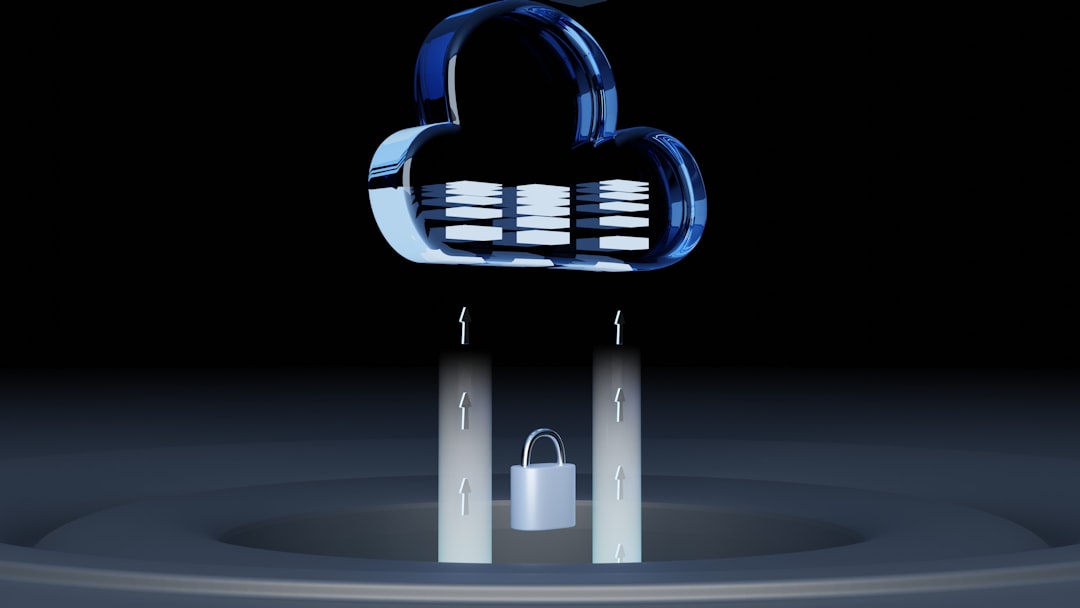In today’s digital-first landscape, security is no longer optional—it’s a business imperative. As U.S. companies increasingly migrate to cloud platforms, understanding the nuances of data protection is critical. Google Cloud Platform (GCP) has emerged as one of the leading solutions in cloud-based services, boasting robust encryption protocols designed to protect sensitive information from internal misuse and external threats. This ultimate guide unpacks how Google Cloud Encryption works and what businesses can do to make the most of it in 2025.
Understanding Google Cloud Encryption
Google Cloud automatically encrypts all customer data before it is written to disk and keeps it encrypted at rest and in transit. This ensures data remains unreadable to unauthorized parties, even if physical access to the storage device is somehow obtained. GCP uses industry-standard cryptographic algorithms such as AES-256 for data encryption at rest and TLS/SSL for data in transit.
The platform provides multiple layers of encryption, including:
- Default Encryption: Applied to all data without customer intervention.
- Customer-Managed Encryption Keys (CMEK): Allows businesses to create and manage the keys themselves, offering more granular control.
- Customer-Supplied Encryption Keys (CSEK): Gives full control to customers over the key lifecycle, with Google never storing the keys.

Why It Matters: Compliance and Competitive Advantage
With regulations such as HIPAA, CCPA, and SOC 2 becoming stricter, ensuring your cloud encryption meets these standards is essential to remaining compliant. Non-compliance not only results in costly penalties but can also tarnish a company’s reputation and erode customer trust. Fortunately, Google Cloud’s encryption methods are designed to comply with these regulations, supported by independent audits and certifications.
Furthermore, strong encryption practices can serve as a competitive differentiator. Clients and partners are more inclined to work with organizations that prioritize data security and transparency.
Best Practices for U.S. Businesses in 2025
Although Google Cloud offers robust default encryption, businesses are encouraged to take a more proactive approach by customizing their encryption strategies:
- Enable CMEK Where Appropriate: For sensitive workloads like financial records or healthcare data, use Customer-Managed Encryption Keys to build greater trust and compliance flexibility.
- Set Access Policies: Define Identity and Access Management (IAM) roles to restrict who can view, use, and manage encryption keys.
- Monitor and Log Key Activity: Integrate Cloud Audit Logs to track interactions with your keys and detect unusual behavior early.
- Use the Key Access Justifications Feature: This allows you to see why encryption keys are being accessed and by whom—offering full transparency.
- Plan for Key Rotation: Regularly rotate encryption keys to limit the risk of key compromise over time.

Looking Ahead: AI and Encryption in the Cloud
As artificial intelligence becomes more deeply integrated into enterprise operations, securing the data that feeds these systems will take center stage. Google Cloud is already leveraging AI and machine learning to enhance threat detection and response times within its security offerings. Expect to see even more intelligent encryption key management and predictive risk assessments in the coming years to preempt data breaches before they occur.
Conclusion
For U.S. businesses gearing up for 2025, adopting comprehensive encryption strategies on Google Cloud is more than a precaution—it’s a foundational requirement. From regulatory compliance and competitive advantage to future-proofing data architectures, investing in encryption ensures that your cloud journey is both powerful and secure. By understanding the tools available and implementing best practices, organizations can confidently navigate the evolving cyber landscape.
Frequently Asked Questions (FAQ)
-
Q: Does Google Cloud encrypt data by default?
A: Yes, Google Cloud encrypts all data at rest and in transit by default using AES-256 and TLS protocols. -
Q: What is the difference between CMEK and CSEK?
A: CMEK refers to Customer-Managed Encryption Keys that are stored and managed within Google Cloud. CSEK refers to Customer-Supplied Encryption Keys that are entirely managed and supplied externally by the customer. -
Q: Is Google Cloud encryption compliant with U.S. data privacy laws?
A: Yes, Google Cloud’s encryption protocols are aligned with major U.S. compliance frameworks like HIPAA, CCPA, and SOC 2. -
Q: Can I monitor who accesses my encryption keys?
A: Absolutely. Google Cloud lets you use tools like Cloud Audit Logs and Key Access Justifications for full visibility and control. -
Q: Should small businesses use encryption on Google Cloud?
A: Yes, encryption is critical regardless of company size. Google Cloud offers scalable solutions suited for both startups and enterprises.


